Financial Crisis Deepens for Tmon and WeMakePrice
On July 26, financial authorities and the distribution industry revealed that Tmon and WeMakePrice are facing a severe financial crisis, necessitating immediate payments for consumer refunds and seller settlement funds. The companies plan to prioritize consumer refunds with available cash before addressing seller funds, which amount to around 300 billion won (approximately $222 million).
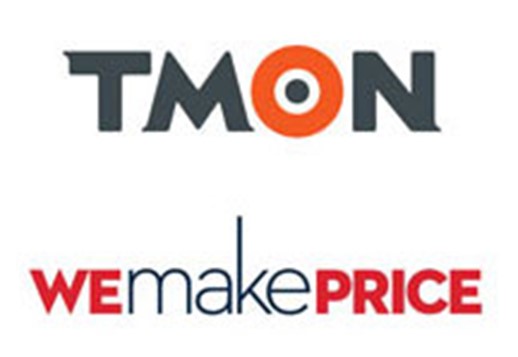
Qoo10 Chairman Koo Young-bae, who is expected to present a solution, has not appeared even four days after the unresolved settlement issue arose. Concerns are mounting that if Tmon and WeMakePrice apply for corporate rehabilitation or bankruptcy, small sellers will struggle to recover their settlement funds, potentially leading to a chain of bankruptcies.
A staff memo found at Tmon's new office in Sinsa-dong, Gangnam-gu, Seoul, the previous day, read "difficulty in normalization" and "considering corporate rehabilitation," further fueling doubts about the financial strength of Qoo10 Group, the parent company of Tmon and WeMakePrice. Both companies have been in a state of complete capital erosion for years, and Qoo10's deficit amounts to billions of won. With consumers and sellers losing trust in Tmon and WeMakePrice, leading to mass departures, the survival of these companies has become uncertain, making it difficult to expect external financial support.
The financial situation of Qoo10 is also tight. According to the Singapore Accounting and Corporate Regulatory Authority, as of the end of 2021, Qoo10's deficit and current liabilities amounted to 431 billion won and 516.8 billion won, respectively. Considering that Qoo10 acquired the North American and European-based shopping mall Wish for 230 billion won in February this year, its financial condition is presumed to have worsened. There are suspicions that Qoo10 used funds from Tmon and WeMakePrice for the acquisition of Wish. Currently, Tmon and WeMakePrice are in a de facto "business suspension" state, with product sales, payments, and refunds not being processed normally. The structure of revolving settlement funds through product sales has collapsed as cash flow has stopped.
However, the cash that these platforms can immediately mobilize is woefully insufficient. Kwon Do-wan, head of Tmon's operations division, revealed, "The funds prepared for refunds early in the morning amounted to only 3 to 4 billion won." As of last year, WeMakePrice had cash and cash equivalents of 7.1 billion won and accounts receivable and other receivables totaling 24.5 billion won, leaving them with just over 31.6 billion won in available cash.
It is also difficult to receive capital expansion from existing financial investors (FIs). Monster Holdings, the second-largest shareholder of Tmon, was jointly funded by the American private equity funds (PEFs) Kohlberg Kravis Roberts (KKR) and Anchor Equity Partners, and they have responded that "additional investment is unreasonable." A PEF industry insider commented, "Even 11st, owned by SK Group, failed to keep its promise to investors to go public (IPO) within five years, showing that the business viability of online shopping malls has significantly declined," adding, "Online shopping malls have long been classified as a high-risk investment sector among PEFs."
Industry insiders predict that Tmon and WeMakePrice may resort to corporate rehabilitation, the "last resort" for cash-strapped companies. If they enter rehabilitation procedures, small sellers will not be able to recover their sales proceeds for the time being, as not only financial claims but also general commercial claims will be frozen.
However, even this is not easy. For court management to be successful, the consent of two-thirds of the creditors and three-fourths of the secured creditors is required. A lawyer specializing in court management pointed out, "Court management is a procedure that is possible when there is a possibility that the company can repay its debts through business operations if the debt burden is alleviated," adding, "Is there any creditor who would agree to the court management of a platform business that has lost trust?"
Some analysts suggest that unless Chairman Koo uses his personal assets, the only option left for Tmon and WeMakePrice is bankruptcy. If the two companies file for bankruptcy, it will be even more difficult to compensate the victims. Given that Tmon and WeMakePrice are in a state of complete capital erosion, it is unlikely that they have any remaining assets. Sellers who have not received their settlement funds are likely to be priority creditors, so general consumers are expected to receive refunds through other damage relief procedures.

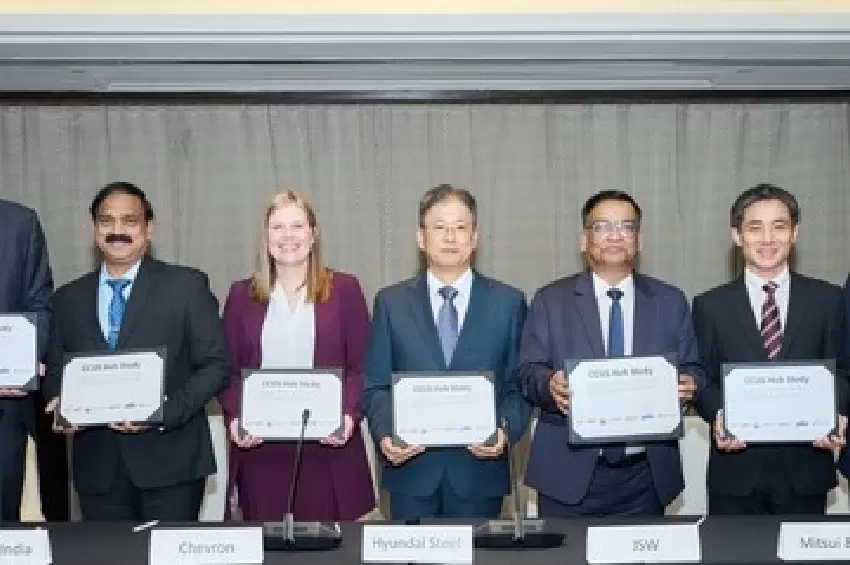
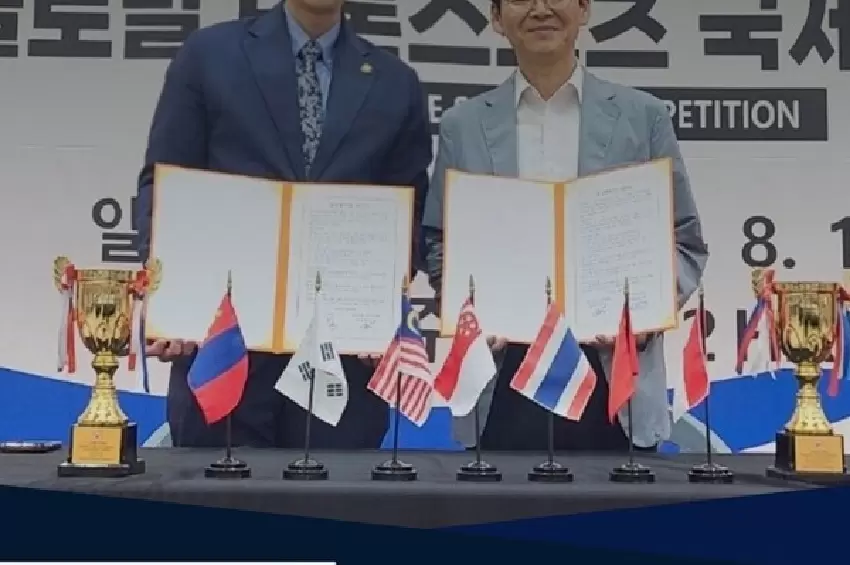
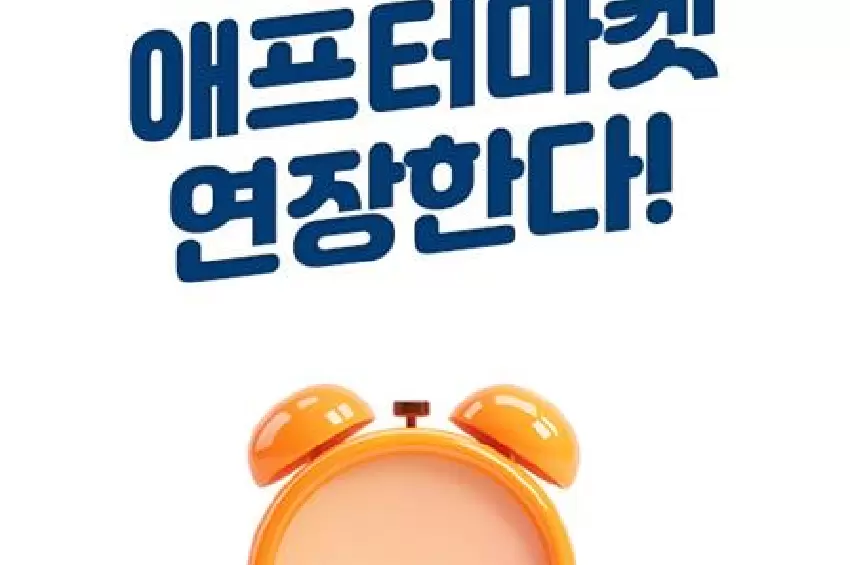

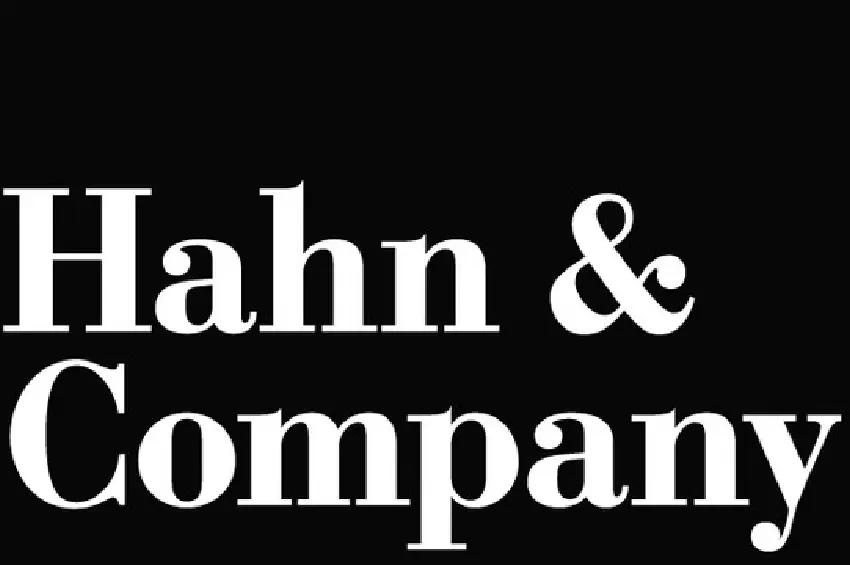

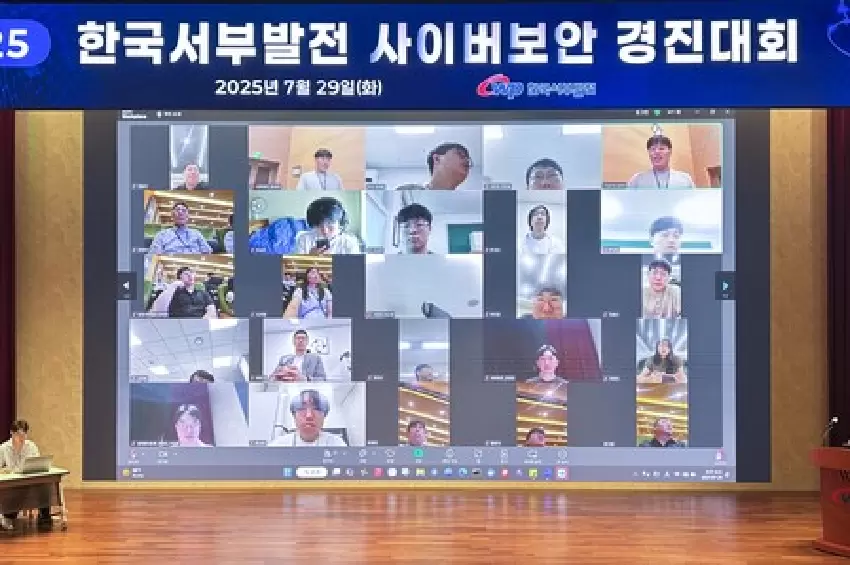
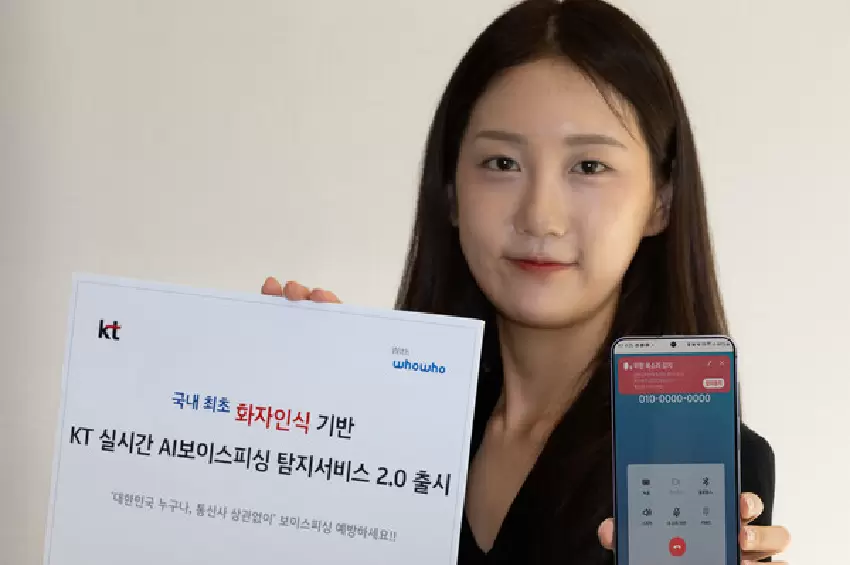
Comments